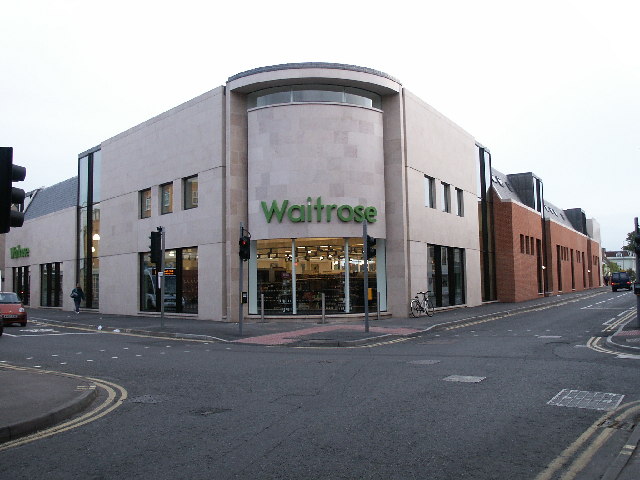
British consumer spending saw only modest growth last month, as concerns leading up to finance minister Rachel Reeves' Oct. 30 budget and rising energy costs kept shoppers cautious,
according to a survey released on Tuesday.
The British Retail Consortium (BRC) reported a 0.6% increase in shop spending in October compared to the previous year, a notable slowdown from September's 2.0% growth and the weakest rise since July.
Separate figures from Barclays also highlighted weaker growth in consumer spending for October.
"Speculation around the budget's impact, consumers delaying purchases until Black Friday deals, and a later school half-term break all contributed to lower retail sales," said Linda Ellett, UK head of consumer, retail & leisure at KPMG, which sponsors the BRC data. "Now that the budget details are clear and many households have avoided higher wage taxes, retailers are hopeful for a boost in consumer confidence and spending."
Most of the tax increases announced in Reeves' budget targeted businesses, while households experienced a 10% rise in the regulated price cap on energy bills last month.
Barclays' report indicated a 0.7% increase in spending on debit and credit cards compared to last year, the slowest since July and down from September's 1.2% growth. Spending on essential goods fell 2.2%, marking the biggest decline since April 2020, driven primarily by reduced supermarket spending. In contrast, spending on non-essential items grew by 2.1%, largely fueled by ticket sales for high-profile concerts, such as Coldplay.
A Barclays survey revealed that concerns about food inflation had eased, and households felt more optimistic about their ability to spend on non-essentials.
“With easing price pressures and early signs of improving consumer confidence, following what seemed to be a post-election dip, we believe conditions are ripe for real spending growth,” said Jack Meaning, chief UK economist at Barclays.
As inflation continues to decline, the Bank of England is expected to lower borrowing costs on Thursday, marking only the second rate cut since 2020. Photo by John Phillips, Wikimedia commons.



































